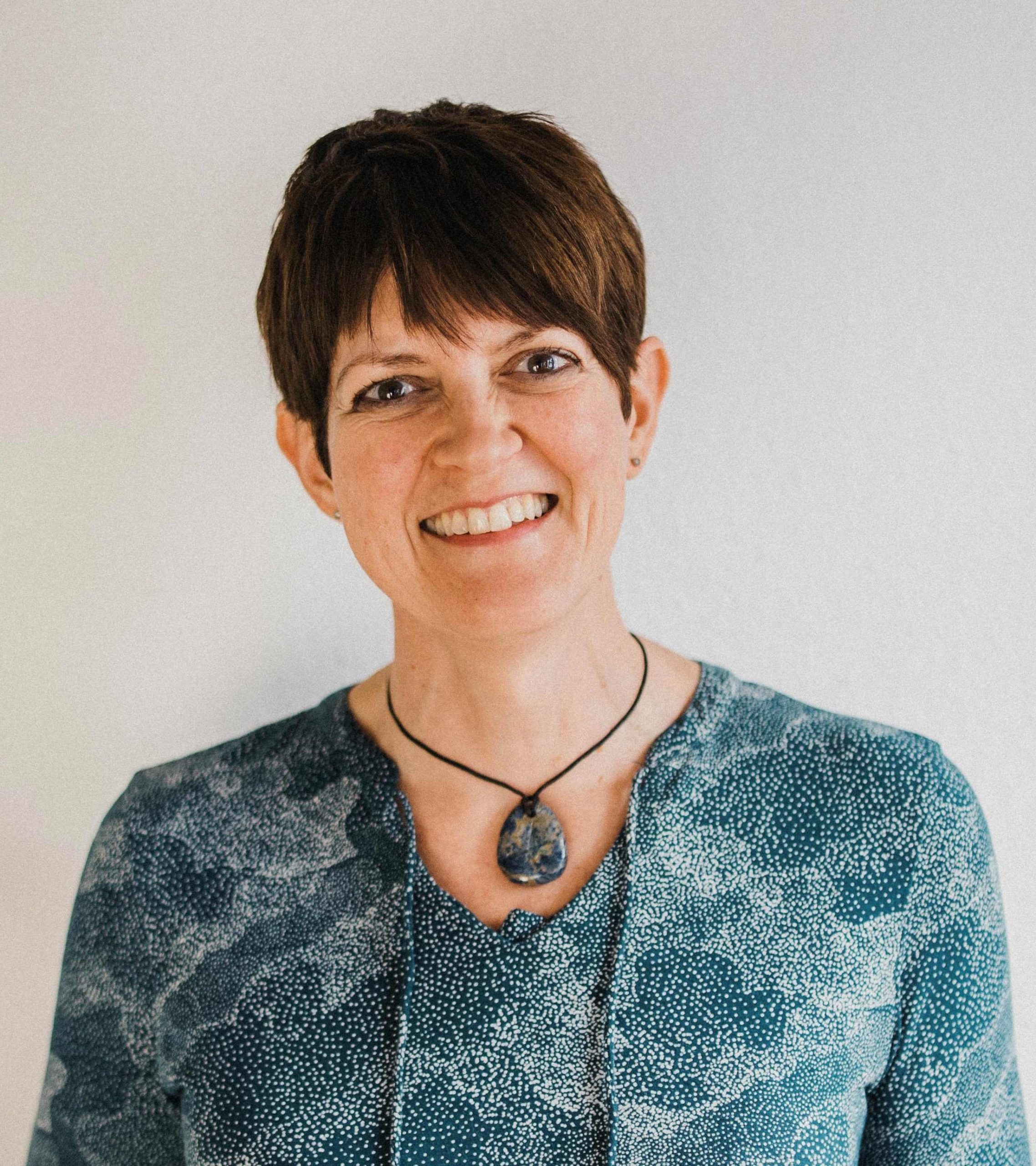Chinese Herbal Medicine

Joanna Teasdale
BA (Hons) Lic Ac. MBAcC. DipCHM. MRCHM.
The practice of Chinese Herbal Medicine has evolved in East Asia over thousands of years. Some of the traditional formulae still in use have a lineage of hundreds of years of clinical application in treating a range of health issues from skin problems such as eczema, to gynaecological complaints and symptoms associated with the menopause and perimenopause. The formulae are individually tailored and are made up of anything from 8 to 20 herbs, each selected for their particular properties, meaning that they can deal with several issues at the same time, which may or may not be linked in Chinese Medicine terms.
Contrary to some of the myths perpetuated in the press, no animal products are used in any of the formulae prescribed in the UK by a member of the Register of Chinese Herbal Medicine (RCHM). You may recognise many of the herbs, such as turmeric, ginger, liquorice, cinnamon, goji berries. Others are similar or related to many herbs used in Western Herbal Medicine, like dandelion. The most common and convenient way of taking a herbal formula these days is in a sachet of granules (much like a sachet of instant coffee or hot chocolate). I formulate a prescription and the herbs are individually dispensed and packed and sent you by a specialist UK based herbal pharmacy. They will charge you separately for the herbs which you pay on top of my consultation fee. You can expect an outlay of £20-£45 a week for a prescription depending on the herbs.
There is a wealth of research into the clinical application of Chinese Herbs, more information can be found on the RCHM website. RCHM is the Register of Chinese Herbal Medicine.
